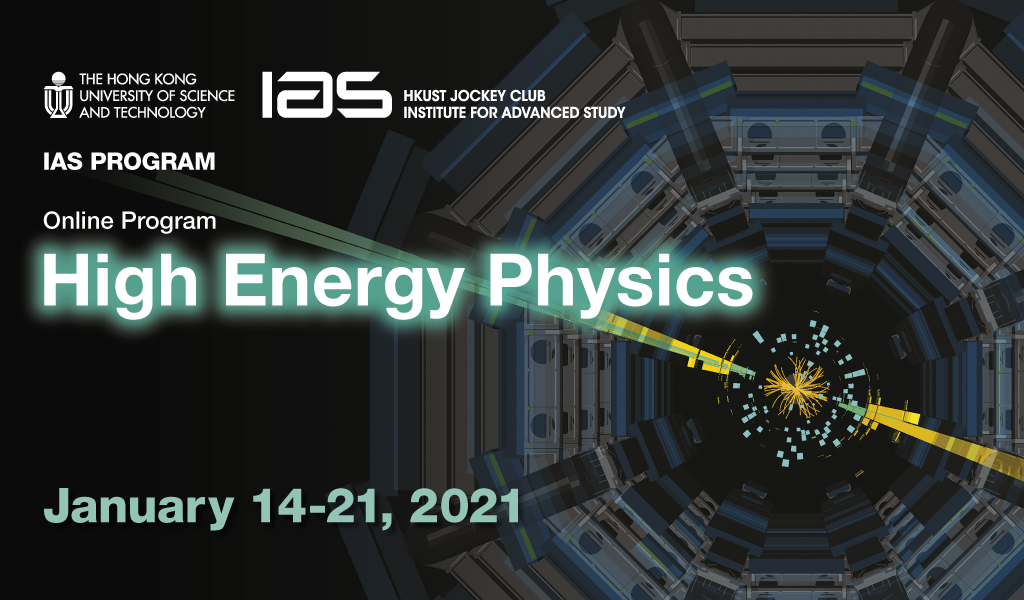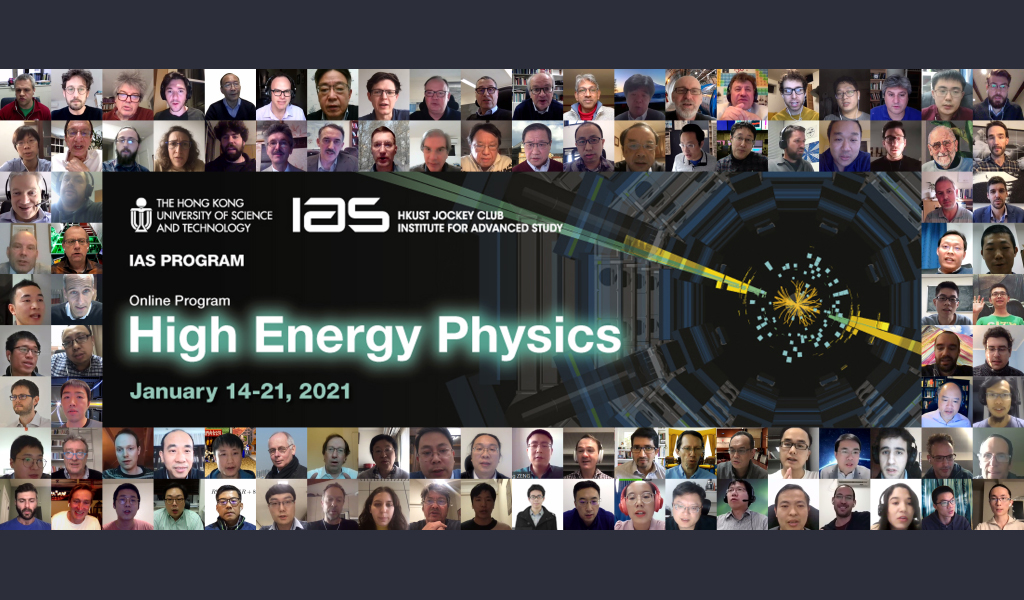High Energy Physics (2021)
Mini-Workshops: January 14-15, 2021
Conference: January 18-21, 2021
*Note: In view of the worldwide outbreak of COVID-19, all sessions of this program will be held online via Zoom.
Program Website
https://indico.cern.ch/event/971970/
Overview
After the discovery of the Higgs boson, the main objectives of high-energy physics are the precise measurement of Higgs properties and searches for new physics. These objectives strongly motivate the construction of next-generation experimental facilities such as e+e- Higgs factory and 100TeV pp collider or muon collider.
The Higgs boson plays a crucial role in explaining spontaneous electroweak symmetry breaking and the mass generation of the known fundamental particles. It is thus important to measure precisely the Higgs-gauge couplings, the Higgs-Yukawa couplings and the Higgs self-couplings. A future Higgs factory would achieve such a goal significantly better than the Large Hadron Collider (LHC). Such precise measurements also provide an indirect probe for new physics that alters the Higgs properties.
Addressing fundamental puzzles in nature such as hierarchy problem, dark matter, etc. results in expectation that new physics should emerge at the TeV scale or above. A higher energy machine like new pp collider or muon collider will be crucial for directly exploring new physics and the properties of any to-be-discovered particles at the LHC.
This High Energy Physics (HEP) program in Hong Kong started in 2015. The objective of this program is to bring theorists, experimentalists and accelerator physicists together, to stimulate discussions and exchange thoughts on the future collider programs. As part of this HEP program, a four-day conference will be held during January 18-21, 2021. Before that, three two-day mini-workshops focusing on theory, experiment/detector and accelerator physics respectively, will be organized on January 14-15, 2021. It is also hoped that some white papers for the particle physics community documenting the physics goals, options of future colliders, and the reach of the related experiments could be released.




